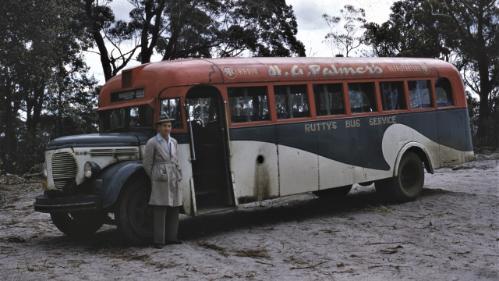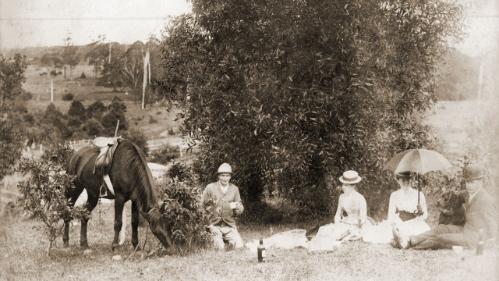“The rapid advances in technologies offer deep-linked, multidimensional experiences with otherwise static content, promoting planned and serendipitous discovery of information and collections” (Future Ready Library Strategy p7)

“The rapid advances in technologies offer deep-linked, multidimensional experiences with otherwise static content, promoting planned and serendipitous discovery of information and collections” (Future Ready Library Strategy p7)
Over the 2018-2021 span of the FRLS, we streamlined access and enhanced infrastructure to foster open, equitable and accessible models for information and knowledge exchange. This created pathways for discovery that are core to our Library services.
Success indicators included:
To foster a digitally-enabled work environment we had to address technical deficiencies. We reviewed core business systems such as the Library Management Platform and other standalone systems with extensive workarounds, and selected the vendor Ex Libris for their purpose-built, integrated Software as a Service (SaaS) platform:
The scope of the project extended to the UOWC Hong Kong Campus harmonising the connected Library experience.
A further two modules, Leganto (to manage online subject reading lists) and Rialto (acquisition) provide more streamlined workflows to collection management and circulation, budgeting and statistical reporting, and copyright compliance. Rapido (a module to support resource sharing between libraries) will be implemented in 2022. Modelling shows a return on investment within five years.
Our library collections will remain relevant long into the future due to a large-scale collection modernisation project which revitalised our physical and online resources.
Most of the physical and online collections were transformed in 2019 which included analysing usage data then moving low-use print items to off-site storage and redesigning library spaces to improve access to high-use items. We also accelerated the transition from print to electronic resources and improved online search results.
Having already established our online-first collection development policy with a preference for electronic resources, we were well-equipped to respond to the impacts of COVID-19 and the swift transition to online study during extended lockdown periods.
The University’s digital presence was a primary focus in 2018, and the Library website was refreshed using content strategy and best practices for an improved user experience with a brand new content management system.
The upgraded website included relevant, focused content with:
We enabled users to discover and engage with over 12,800 unique UOW archive items through Archives Online, built on the platform Recollect.
Archives Online has become a strong source of historical content and engagement for the Illawarra community and beyond, with unique system features allowing users to tag and comment their own stories about people, places, and things.
The reach of the Archives Online platform is extensive, with over 2.9 million page views in 2021 (34% increase on 2020).
We have also digitised several large-scale collections, including:

A priority when digitising our collections was adopting and complying with contemporary standards for archival descriptions, by converting existing text-based inventories to the International Archival Standard framework.
We can enhance our archival collections by including more descriptive data (such as user-generated metadata) to provide a more complete view of our collections.



1. Janet Cosh at 'Summerlees' | 2. Rutty's bus at Summit Park, Mt Keira (Harrigan collection) | 3. Picnic at Corrimal Colliery (Becarevic collection)